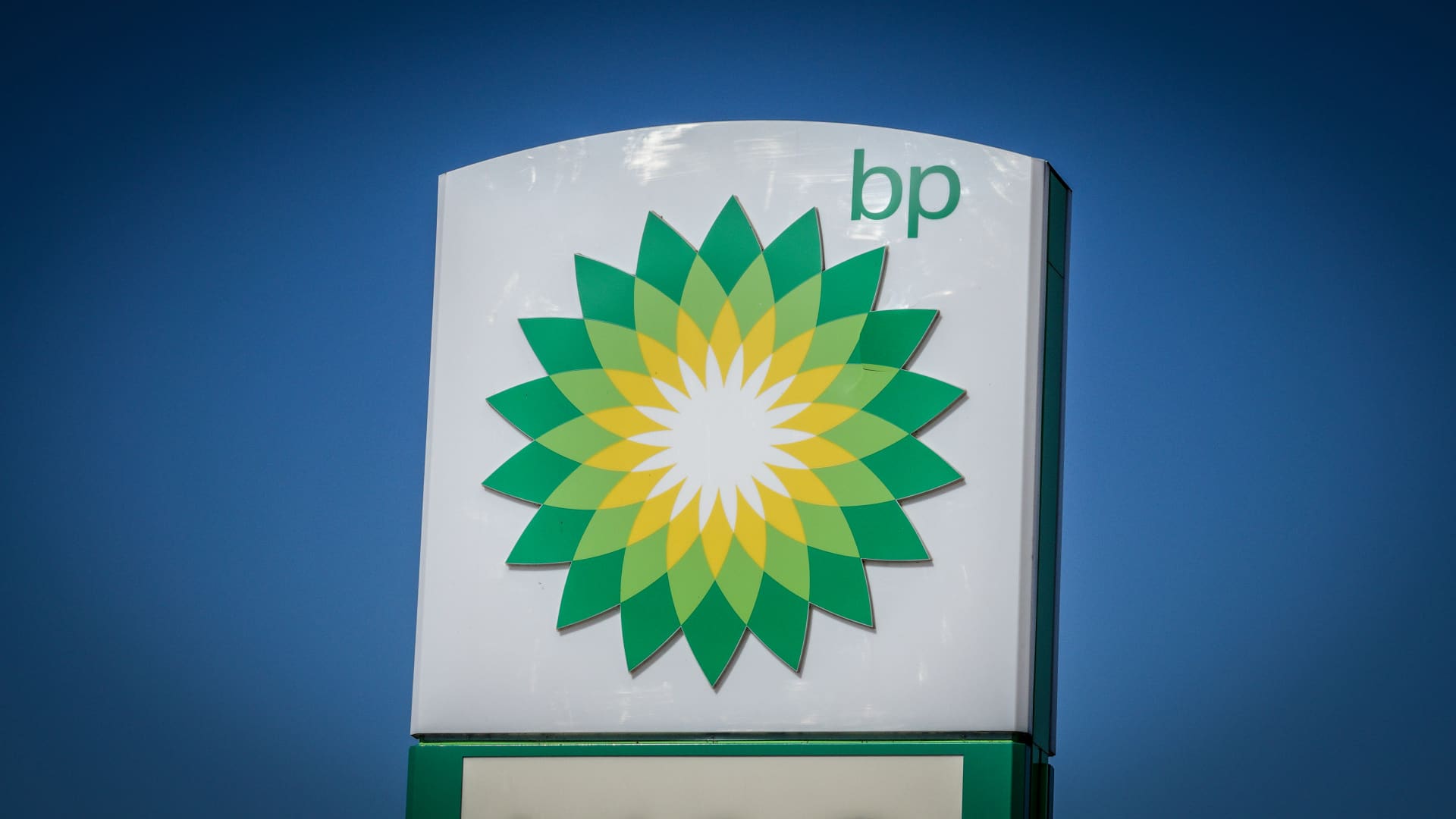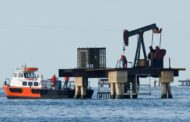LONDON — Oil major BP on Tuesday reported a steep year-on-year fall in profits, missing analyst estimates.
The British energy giant logged underlying replacement cost profit, used as a proxy for net profit, of $3.293 billion in the third quarter. This was a drop from $8.15 billion over the same period last increase, but an increase from the $2.59 billion of profit recorded in the second quarter.
Analysts had expected profit to come in at $4.059 billion in the third quarter, according to a collection of estimates by LSEG.
Quarterly growth came from a rise in oil and gas production and higher realized refining margins, along with a “very strong oil trading result,” BP said. This was partially offset by a weak gas marketing and trading result.
The company flagged impairments of impairments of $1.2 billion, including a pre-tax $540 million impairment charge related to U.S. offshore wind projects.
Capital expenditure was $3.603 billion, compared with $4.314 billion in the previous quarter. Operating cash flow was higher both quarterly and year-on-year, at $8.747 billion.
BP also announced a $1.5 billion share buyback to be executed ahead of fourth quarter results.
The year-on-year profits of BP and other energy majors also plunged in the previous quarter, following weaker fossil fuel prices that have since risen sharply.
In its outlook, BP said it expected production restrictions from members of the Organization of the Petroleum Exporting Countries and demand rebound to support oil prices. It also anticipates industry refining margins wil be “significantly lower” in the fourth quarter.
BP was rocked in September by the sudden departure of CEO Bernard Looney, who resigned after admitting he had not been “fully transparent” in his disclosures about past relationships with colleagues, before taking the top job.
The role is being filled on an interim basis by CFO Murray Auchincloss.
The company’s U.S. boss, Dave Lawler, announced his resignation shortly after Looney without providing further details.
Leadership challenges have not dented BP’s share price, which gained 15.8% in the quarter ending on Sept. 30 and is up nearly 12% in the year to date, according to LSEG data.










